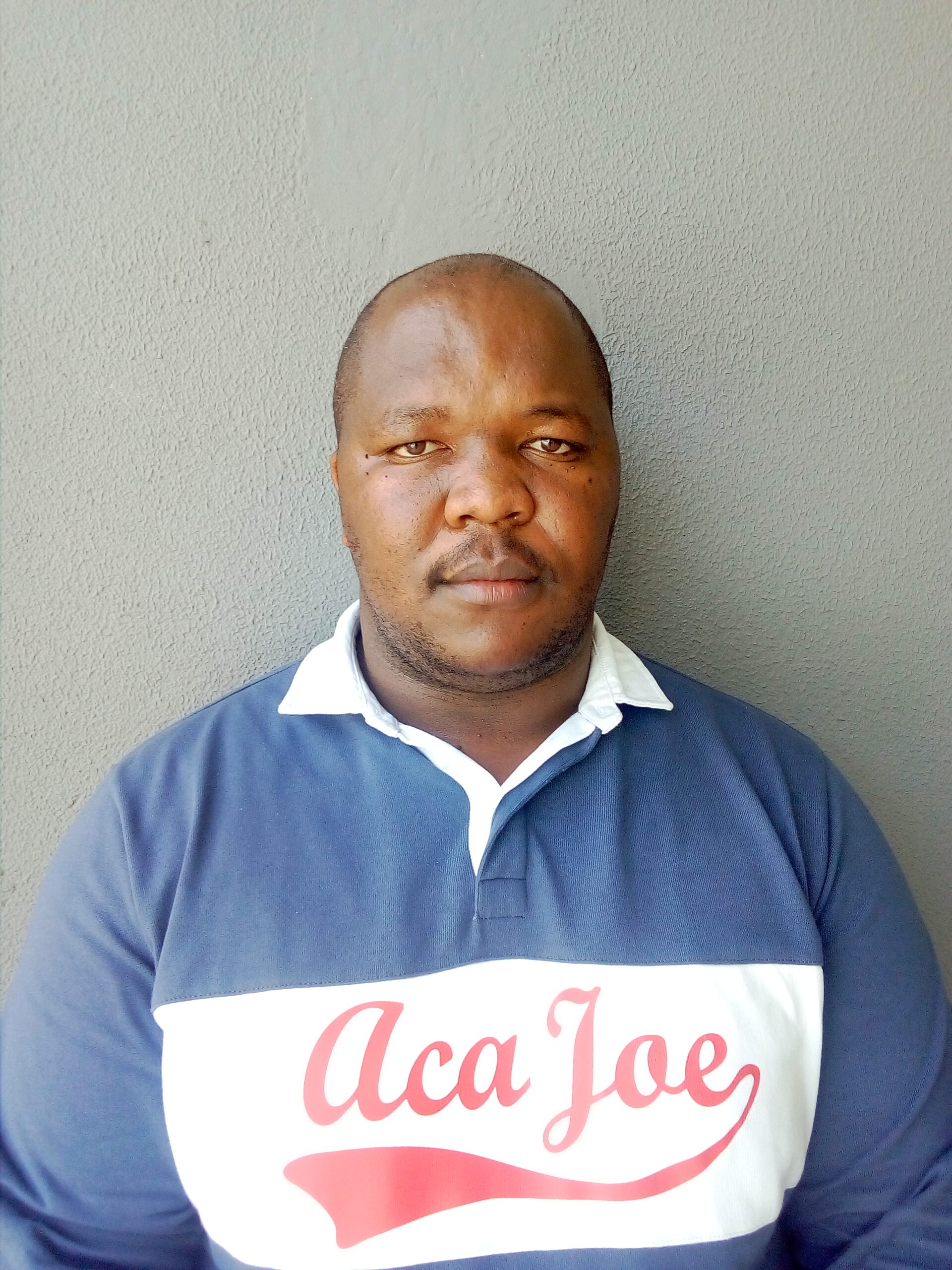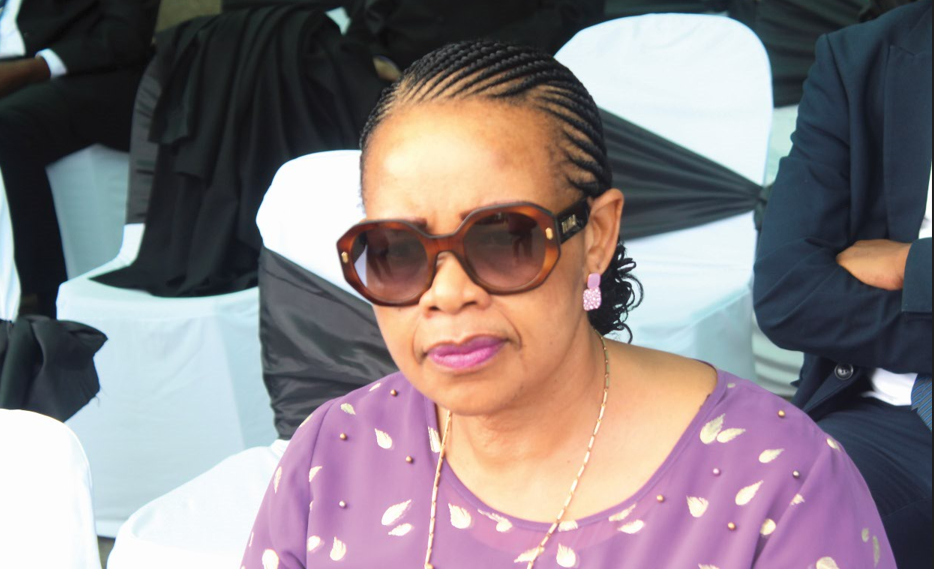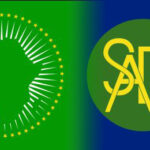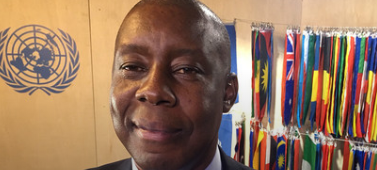Government spending on international travel has come under scrutiny in the National Assembly, as MPs question whether the millions of maloti allocated annually deliver value for money.
During an oral questions and answers session this week, Remaketse Sehlabaka, leader of the Mpulule Political Summit (MPS), pressed government to justify the expenditure.
He demanded clarity on the total cost of foreign trips in the 2024/25 financial year, how that compared with funds earmarked for youth job creation, and how much additional money had been drawn from the contingency fund. He also challenged the executive to explain the tangible benefits these trips bring to the country.
In response, Deputy Prime Minister (DPM) and Leader of the House Justice Nthomeng Majara disclosed that M145 million had been budgeted for international travel in 2024/25.
She further revealed that an extra M13 million had been allocated, of which M9 million had already been used. By comparison, Majara told the House that M300 million was allocated to the Youth Apprenticeship Programme in the same financial year.
On the question of returns, Majara defended the trips, arguing that they create opportunities for Lesotho to contribute to global debates and benefit from international cooperation.
“They present an opportunity for the country to contribute and share ideas with other global partners,” she said.
She added that value for money is reflected in the partnerships Lesotho maintains with organisations such as the United Nations, the World Bank, the Southern African Development Community (SADC), the World Economic Forum, and the Conference of the Parties (COP).
The DPM highlighted that participation in such fora also unlocks access to financial and development support. She cited funds mobilised through Lesotho’s participation in climate change negotiations under the COP framework as an example of concrete returns from foreign missions.
Majara further argued that foreign engagement strengthens the country’s position in negotiating trade agreements and accelerates programmes tied to digitalisation and service delivery. “Through travel engagement, the country is poised to address diverse challenges but also provides opportunities to negotiate trade agreements and exercise oversight in international bodies,” she said.
Government’s involvement in global platforms, she added, helps foster a collaborative approach to development and economic growth, particularly as Lesotho seeks to tackle unemployment and economic inequality.
However, on Sehlabaka’s query about the budget’s proportionality to youth job creation, Majara conceded that specific figures were not readily available. She explained that youth initiatives are integrated across several ministries, making it difficult to disaggregate the exact spending on employment-related programmes compared with travel.
Acknowledging this gap, Majara said plans are underway to create a new tool that will allow for better tracking and reporting of such expenditures in the future. This, she noted, would ensure greater transparency and accountability when comparing allocations and outcomes across different government programmes.
For now, questions persist on whether the large sums devoted to international travel can be justified in a country grappling with high unemployment, sluggish economic growth, and pressing social needs.
Summary
- He demanded clarity on the total cost of foreign trips in the 2024/25 financial year, how that compared with funds earmarked for youth job creation, and how much additional money had been drawn from the contingency fund.
- On the question of returns, Majara defended the trips, arguing that they create opportunities for Lesotho to contribute to global debates and benefit from international cooperation.
- She added that value for money is reflected in the partnerships Lesotho maintains with organisations such as the United Nations, the World Bank, the Southern African Development Community (SADC), the World Economic Forum, and the Conference of the Parties (COP).

Thoboloko Ntšonyane is a dedicated journalist who has contributed to various publications. He focuses on parliament, climate change, human rights, sexual and reproductive health rights (SRHR), health, business and court reports. His work inspires change, triggers dialogue and also promote transparency in a society.










